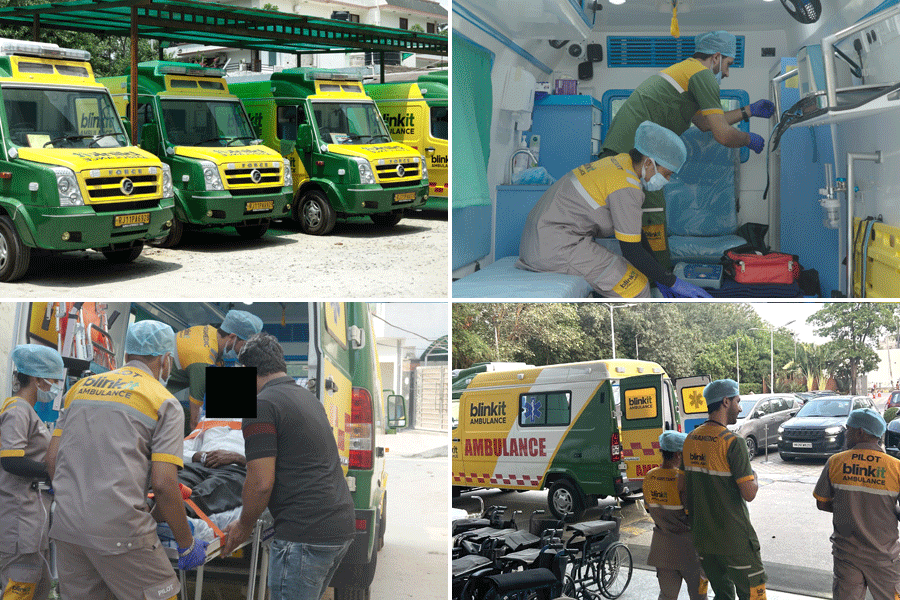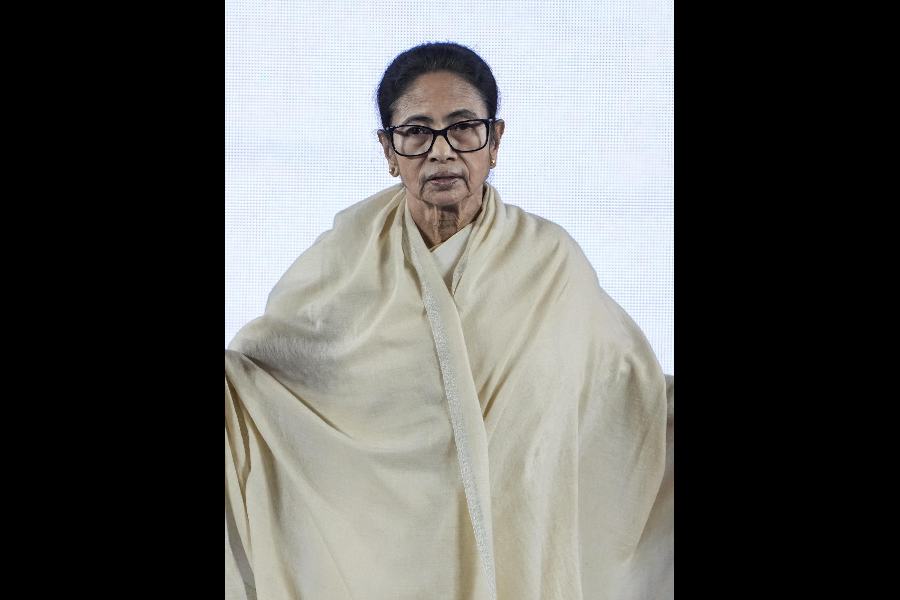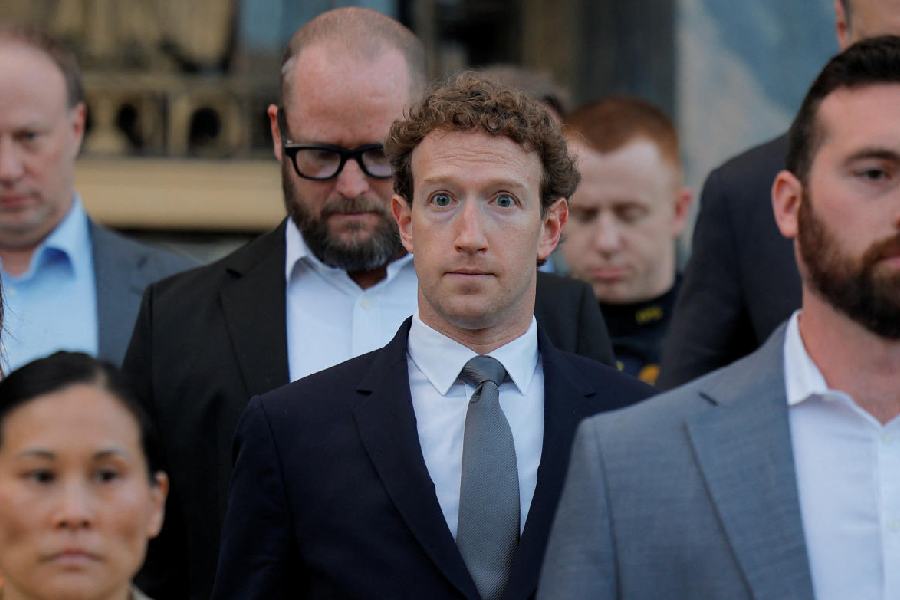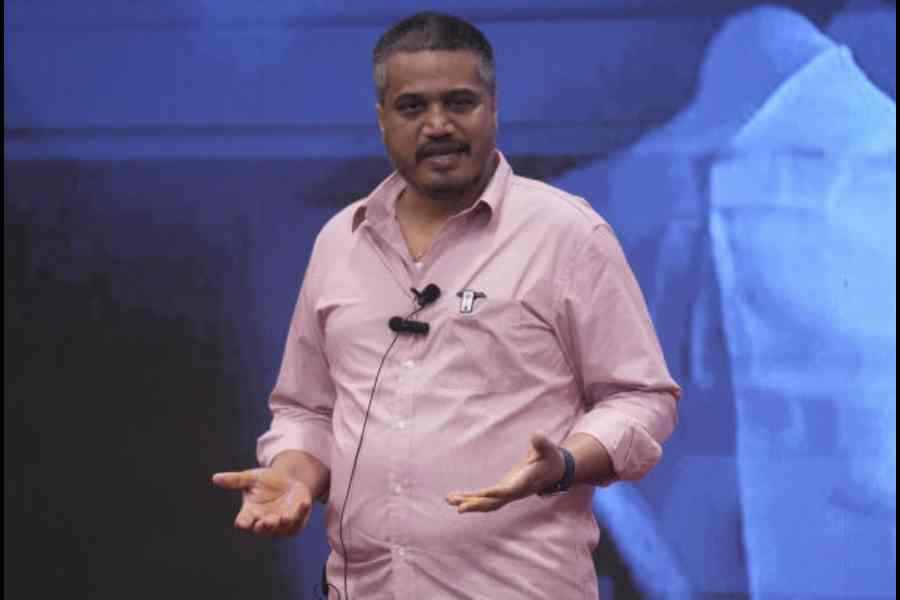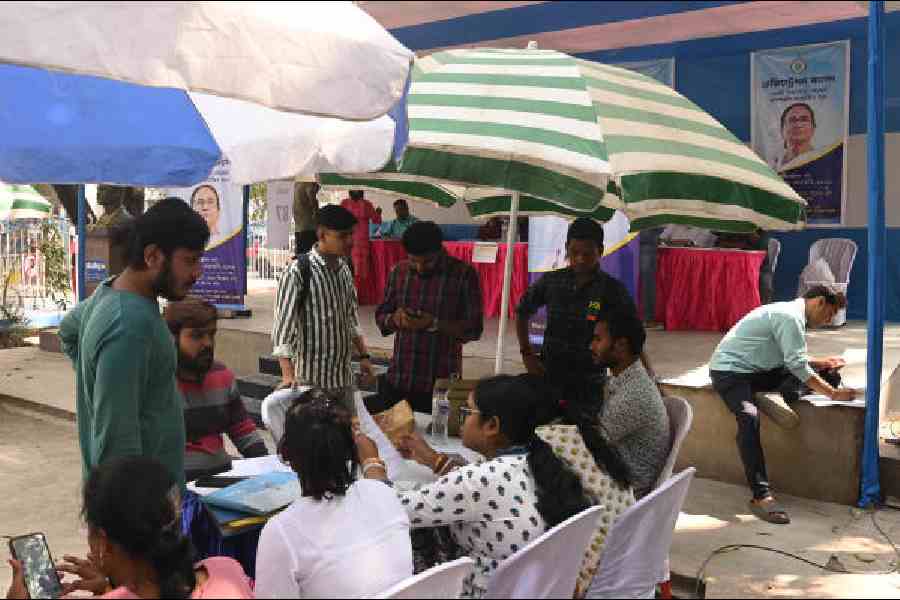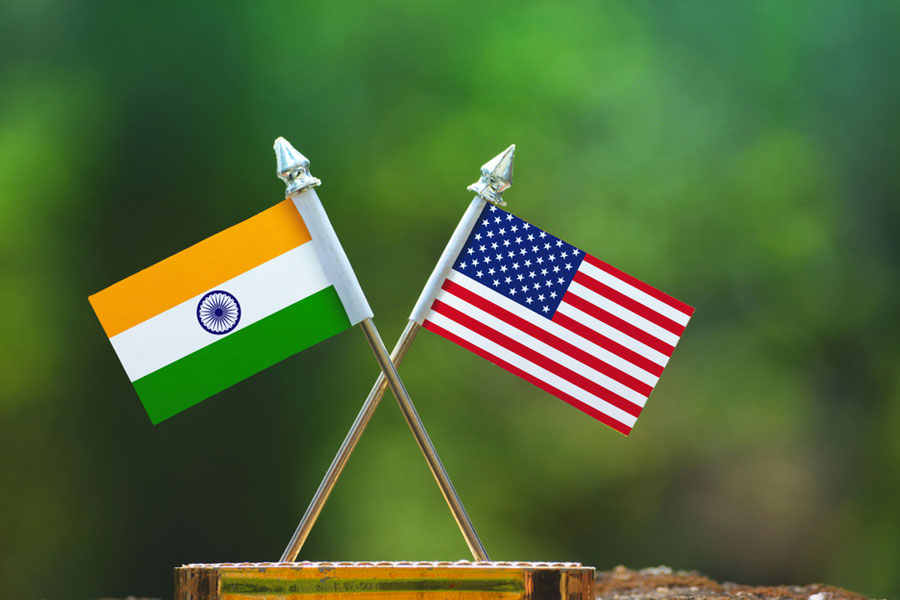What ideally should be the government's responsibility is now being taken up by Zomato, said social media users after the company scaled up its ambulance operations and announced a new in-house paramedic training programme to improve emergency care delivered by its 10-minute fleet.
In January, Zomato had launched a rapid-response ambulance service through its quick-commerce platform Blinkit in Gurugram. The ambulance service has also scaled up from 5 to 12 ambulances.
Zomato co-founder Deepinder Goyal shared the development in a social media post on Friday, highlighting the progress and challenges faced by the initiative.
“A few months ago, Blinkit Ambulances started quietly in Gurugram with just 5 ambulances and a dream. What if emergency help could reach you in 10 minutes, just like groceries?” Goyal wrote on X.
Calling it one of the most “resource intensive challenges” the company has ever undertaken, Goyal said the service has scaled up from 5 to 12 ambulances operating across six depots, now covering nearly half of the city.
“From serving a small area around Golf Course Road, we have now extended the service to cover almost half of Gurugram,” he said. “Until today, we have responded to 594 calls, 50% of these critical emergencies. Today, our 12 ambulances across 6 depots reach patients within 10 minutes, 83% of the time.”
Beyond the numbers, Goyal highlighted the emotional and human side of emergency response.
“Behind every number, every case, is a human being and their family. Moments of fear and hope, desperation and relief,” he wrote. “We discovered how hesitant people still are to call an ambulance, even in critical moments. Many prefer personal cars or cabs, afraid help won’t arrive on time.”
To address a major gap in skilled personnel, Zomato is launching an in-house training programme for paramedics — a move aimed at combining clinical expertise with empathy.
“We learned how difficult it is to find and train paramedics who can deliver not just medical aid, but empathy when it matters most. Our team is now building an in-house paramedic training program to raise the bar of emergency care in India,” Goyal stated.
He added, “Blinkit Ambulances isn’t just a project. It’s a responsibility we carry close to our hearts. It’s tough, it’s emotional, and it’s still Day 1. We’re learning. We’re committed.
And we won’t stop until every single person trusts that life-saving help is only 10 minutes away.”
Goyal’s post sparked a mix of admiration and concern online, with many questioning the government’s role in providing such critical infrastructure.
One user said, “Imagine the work to be done by Govt either state or central is done by a business. If this is getting success, why not govt ones? Simply because of inefficient babus. They can’t implement anything efficiently. Kudos to Deepinder and Blinkit. Hope govt learns some lesson from this start.”
Another wrote: “I don’t know whether to applaud or be alarmed. A private company now promises 10-minute ambulances. Isn’t that the government’s job? Hospitals and public health systems should protect taxpayers — not startups doing patient delivery like it’s a food order. This isn’t innovation. It’s a sign we’ve normalised failure.”

